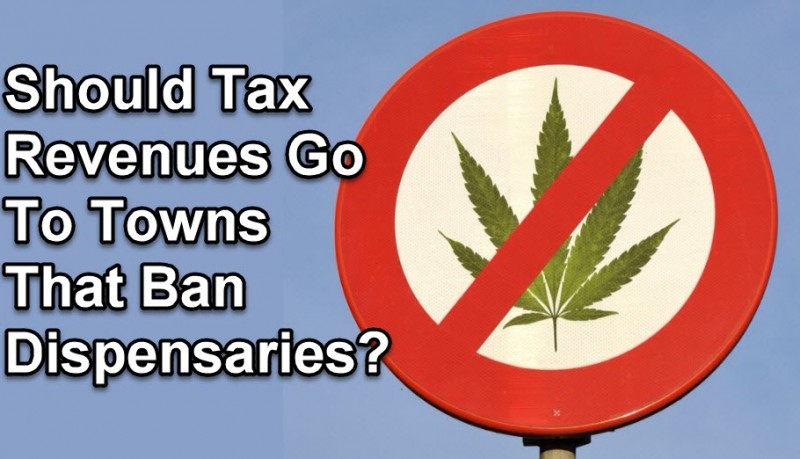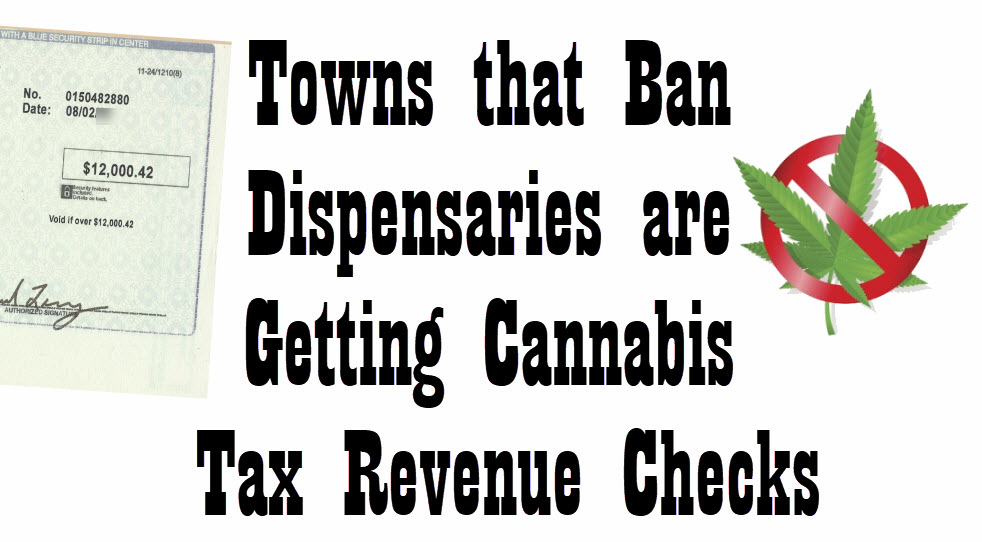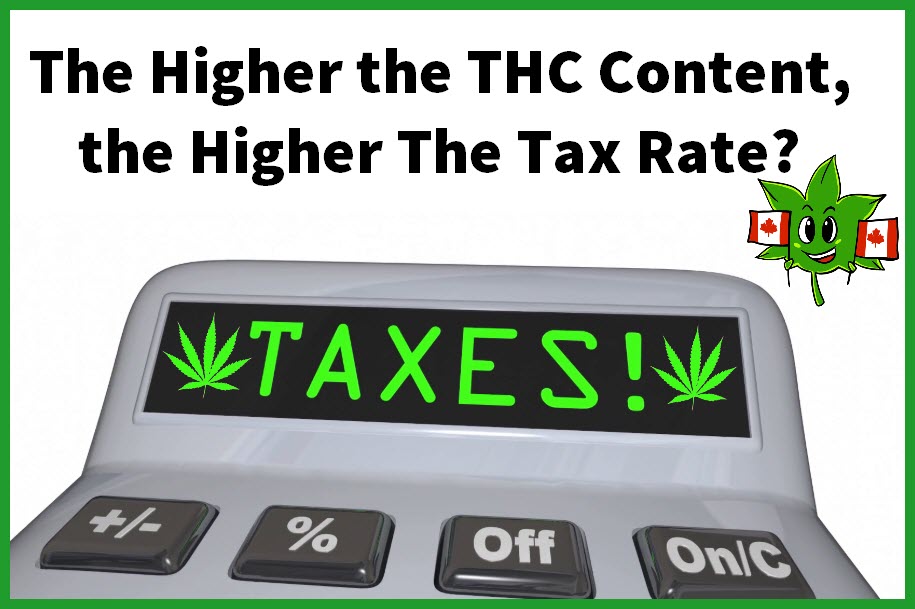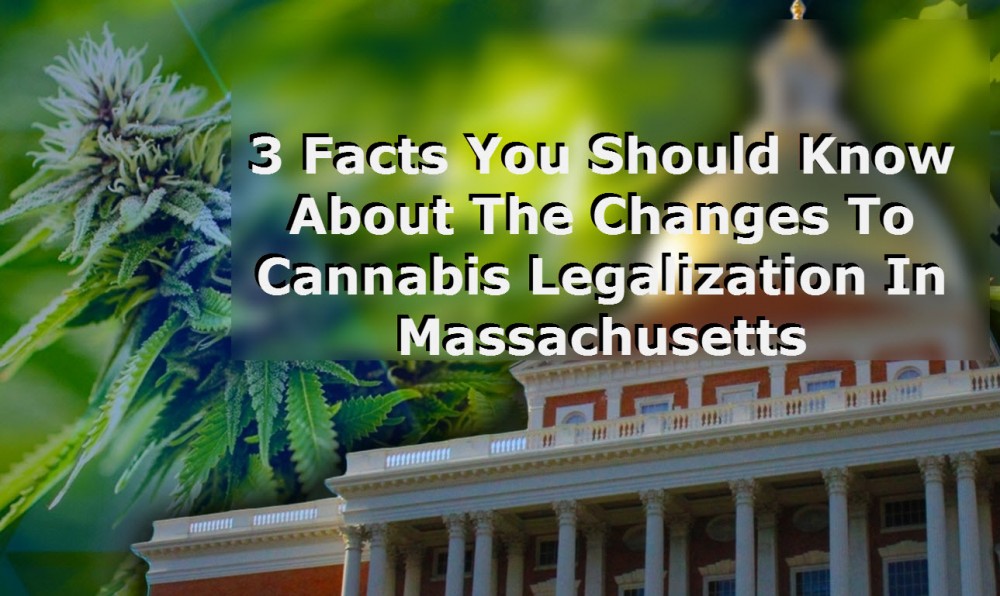Should Tax Revenues Go To Towns That Ban Dispensaries?
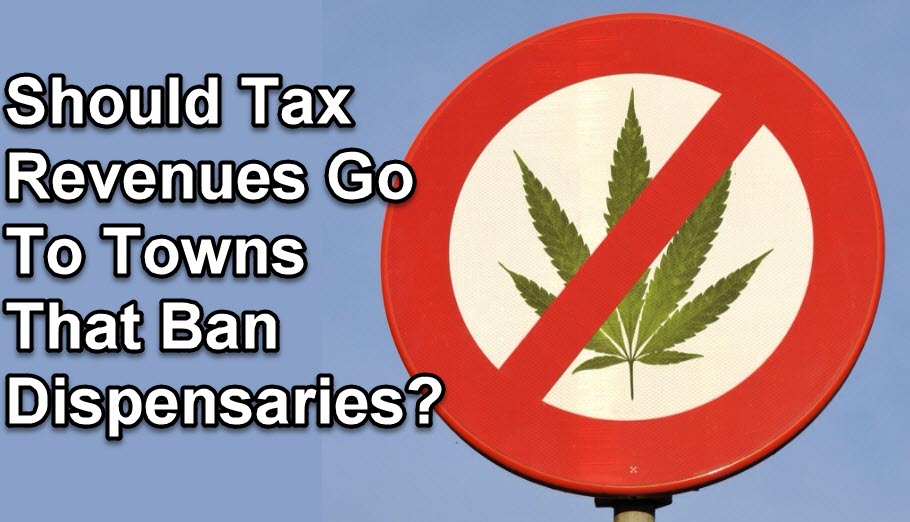
If you aren’t supporting recreational cannabis, should you get to enjoy the shares of the pot pie? A recent article on the Boston Globe shed some light on the issue since there are now over 100 towns that have placed either strict limits on licensed cannabis businesses, or have completely banned them.
Pro-pot advocates have worked on a proposal to prevent towns and cities that have placed constraints on cannabis businesses from receiving any money from the state’s tax revenues, which are estimated to be over $150 million. The argument makes perfect sense; after all, why should you benefit from something that you didn’t help with at all?
Kamani Jefferson of the Mass. Recreational Consumer Council agrees. “Municipalities shouldn’t be entitled to something they took no part in,” he says. Jefferson is behind the proposal, which he says “would force their hand and really encourage them to let these businesses in.” State law provides municipalities with a 3% cut from cannabis retail businesses, but there is an increasing number of restraints being placed even in areas where voters approved Question 4 last year, the same measure that legalized cannabis.
In January 2018, Jefferson and other pro-pot advocates will introduce a bill that would shrink cuts from cannabis businesses to towns and cities that placed restrictions on cannabis operations to an amount that makes up the area’s share of the state’s 17% tax on commercial cannabis sales. However, the problem they face is answering how exactly they are going to decide how much that amount is going to be. Massachusetts Legislature has already overruled against proposals that would give bigger tax revenues to municipalities that have openly been welcoming cannabis businesses, twice.
On the other hand, the Massachusetts Municipal Association, criticized this idea. “This is punitive, wildly impractical, and impossible to implement,” says Geoff Beckwith. “The commercial marijuana law provides financial incentives for communities to zone for pot shops. Communities that decide not to are forgoing that incentive. That is the only reasonable and transparent way to shape tax policy.” He tries to justify it by saying that even towns that ban cannabis operations will still need money because police officers need additional training to catch drivers under the influence as well as other “spillover” costs that legalization incurred.
The debate around cannabis taxes is similar to the issue on payouts from state lottery, which is the biggest source of local aid in Massachusetts. A 2014 analysis revealed that higher income communities got much more in taxes than lottery sales, while in lower income communities, which produced more sales in lottery tickets, received less local aid compared to what they’ve cashed in. Harvard, a town which doesn’t even have a single retailer selling lottery tickets, got more in local aid compared to poor communities that were home to lottery operations.
State activists are going ahead despite the obstacles they’re facing at the political and economic level. This might be a way to get back at the prohibitionists who many feel were the reason behind changes to Question 4 as well as well as the increasing number of town restrictions on cannabis businesses. “I’m not sure it’s workable, but I like the sentiment behind it,” says Jim Borghesani, a rep of sponsors behind Question 4. “Why should towns that vote to keep criminals in control of marijuana commerce and keep unsafe, untested product on the streets not experience repercussions?”
Bill Downing, who has been supporting legalization in town for some time now, refers to the potential consequences as “instant karma”. No matter which way you put it, everyone seems to agree on one thing – that executing the prohibition is going to be difficult.
It’s going to be challenging to decide how much money and from which channel they state will be dispersing funds to go to grants for certain project. State financial officials also say that accounting cannabis taxes, part of which will be merged with the same funds that will receive other sales taxes, will be another headache. According to Massachusetts law, cannabis taxes go to the Cannabis Control Commission as well as other state agencies that manage recreational pot. Any leftover money from that is used to fund public health projects, particularly those related to public safety, substance abuse, police training, and provisions for community assistance in areas that have been affected by incarceration rates for cannabis prior to legalization.
According to ArcView Market Research and New Frontier data, Massachusetts recreational cannabis sales is expected to exceed $900 million by 2020, which would bring in around $150 million yearly in state tax revenue.
OTHER STORIES YOU MAY ENJOY...
CANNABIS TAX REVENUES FOR TOWNS THAT BAN WEED, CLICK HERE.
OR...
HIGHER TAXES FOR HIGHER THC RATIOS? CLICK HERE.
OR..
BOSTON DISPENSARIES NOW OPEN, CLICK HERE.
